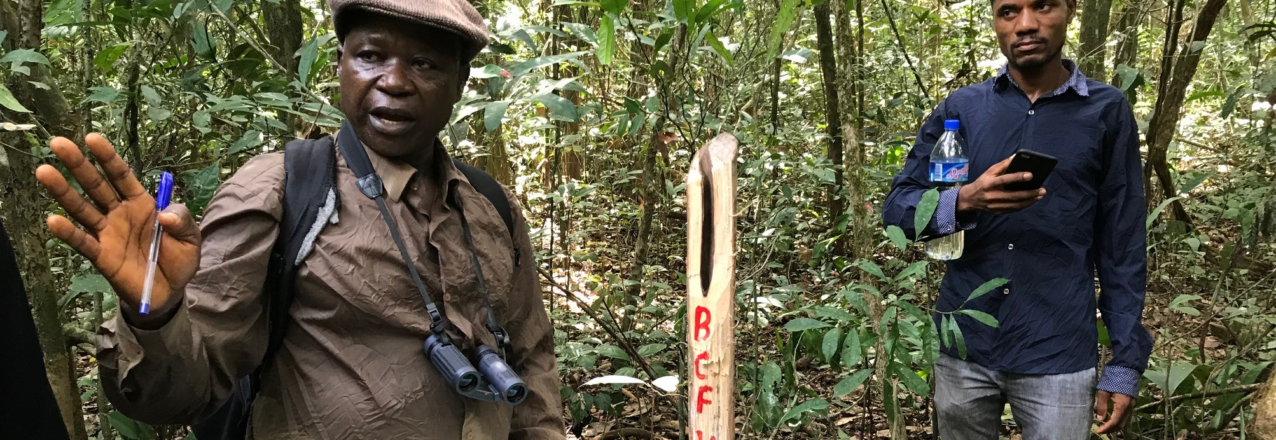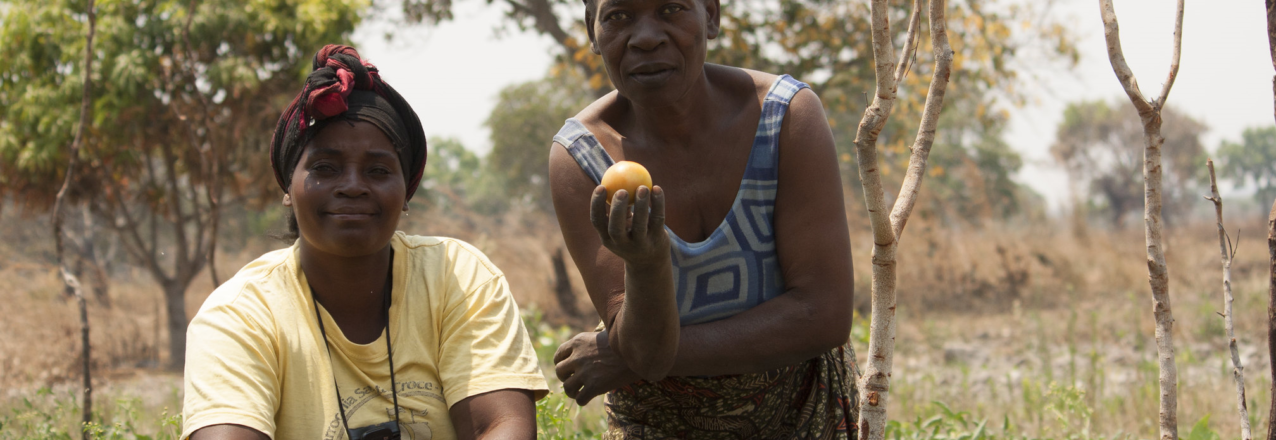The World Bank Land Conference has become one of the largest international events on land governance. It brings together over 1,500 participants from across the globe – including representatives from government, academia, civil society, and the private sector – to discuss new research, innovations, practices, and policies to strengthen land and resource governance.
The United States Agency for International Development (USAID) leads global engagement on land and resource governance through its expertise in advancing land tenure and property rights, programming to secure inclusive and equitable rights to land and natural resources for women and Indigenous Peoples, and addressing development challenges associated with critical minerals.
Stop by our booth for our new conference handouts:
USAID’s Agenda and Presentations
Join USAID for a series of “Coffee Talks” at our booth on Tuesday, May 14 to learn more about our work!
Coffee Talks on Tuesday, May 14
If you are attending the Conference, you can connect with USAID at our booth in the World Bank’s Wolfensohn Atrium. On Tuesday, May 14, we will host a series of “Coffee Talks” with LRG Division staff where you can ask your questions, learn about our work, and tell us about yours. Here’s the schedule:
Speaker(s)
Stephen Brooks, LRG Division Chief
Topic
USAID’s Land and Resource Framework
Speaker(s)
Ioana Bouvier, Senior Spatial Science & Technology Advisor
Janet Nackoney, Land and Resource Governance Officer
Topic
Geospatial Data and Land Rights
Speaker(s)
Sam Turano, Deputy Division Chief and Minerals & Mining Lead
Chloe Cole, Natural Resources Officer
Topic
Critical Minerals
Speaker(s)
Caleb Stevens, Senior Advisor, Governance and Natural Environment
Topic
Implementation Science
Speaker(s)
Karol Boudreaux, Senior Land and Resource Governance Advisor
Topic
Women’s Land Rights


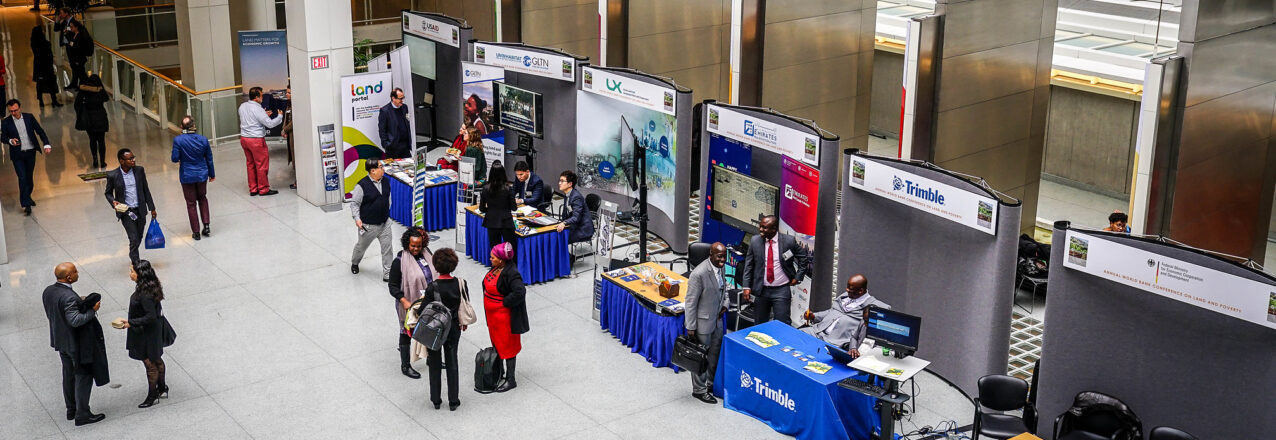
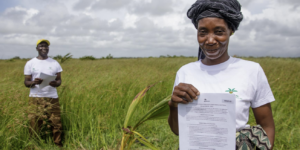
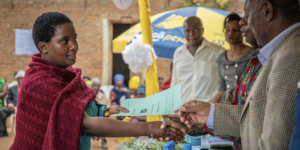
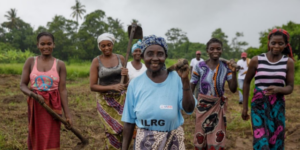
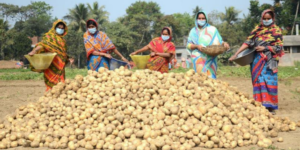
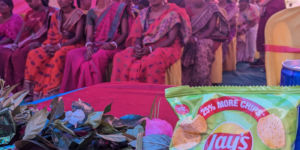
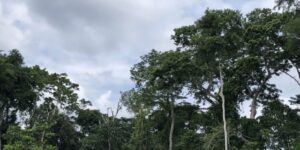

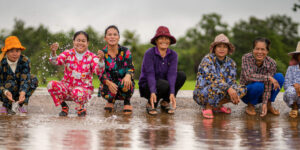
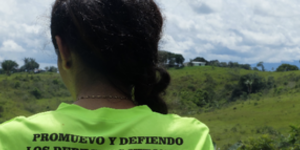
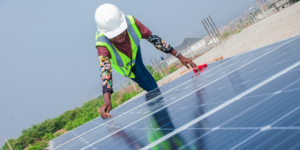
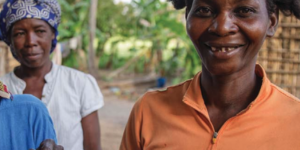
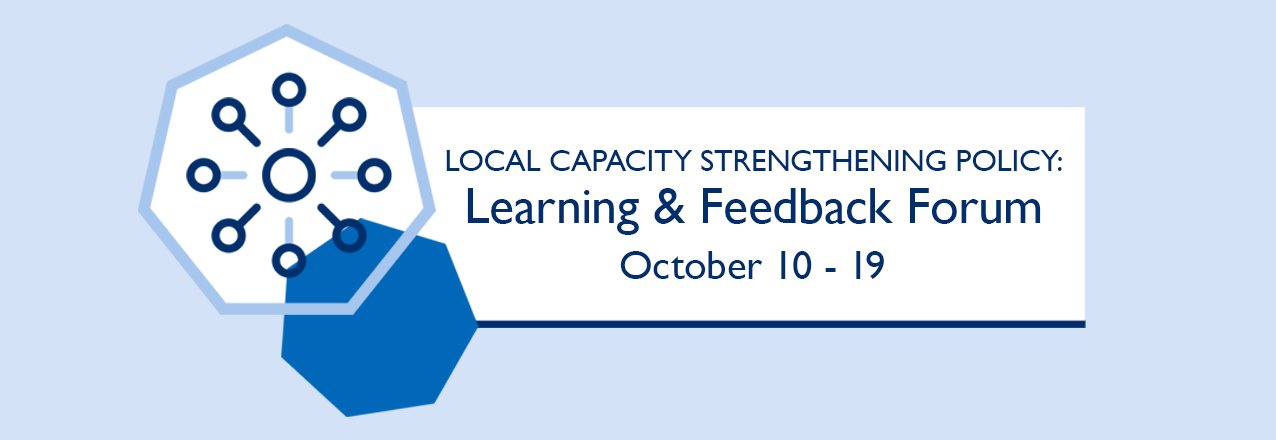
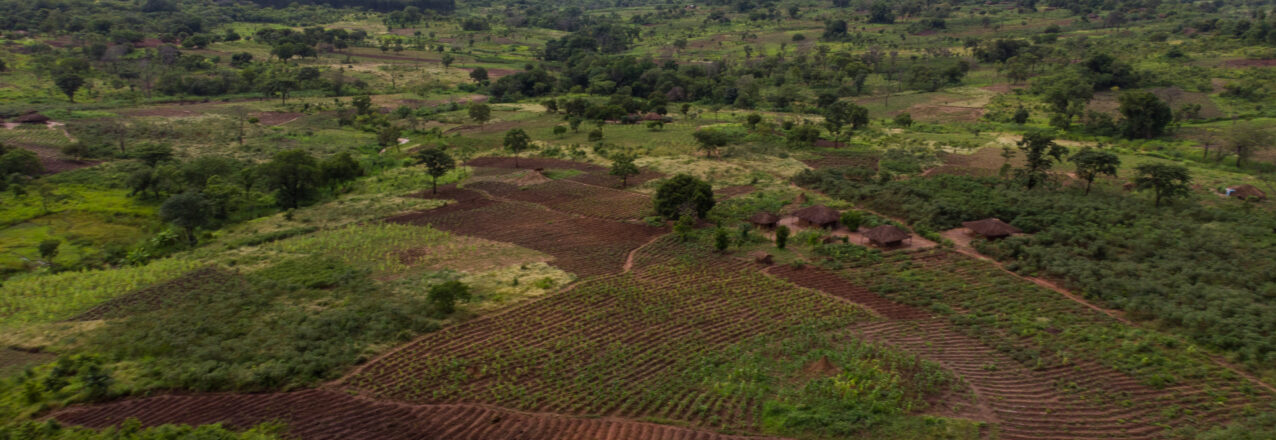
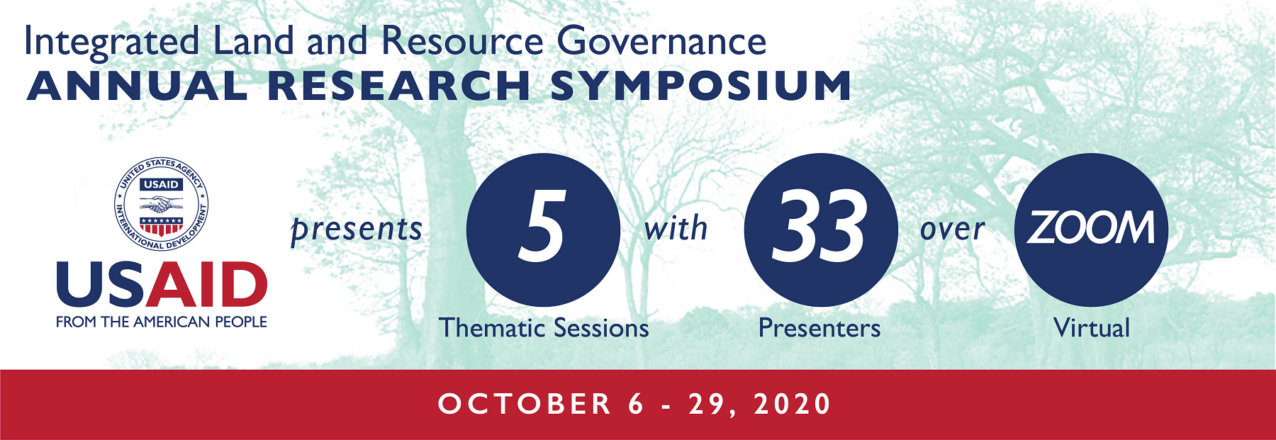
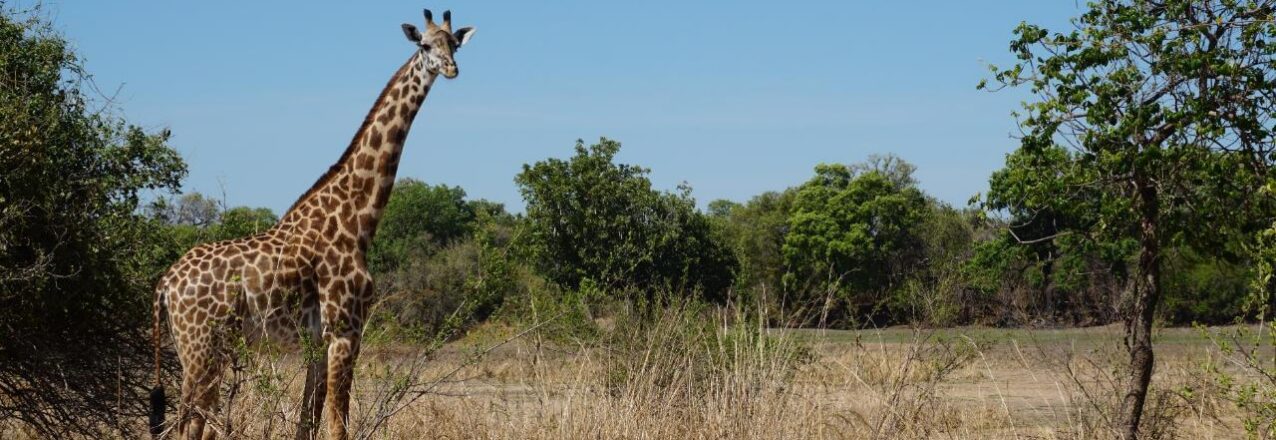
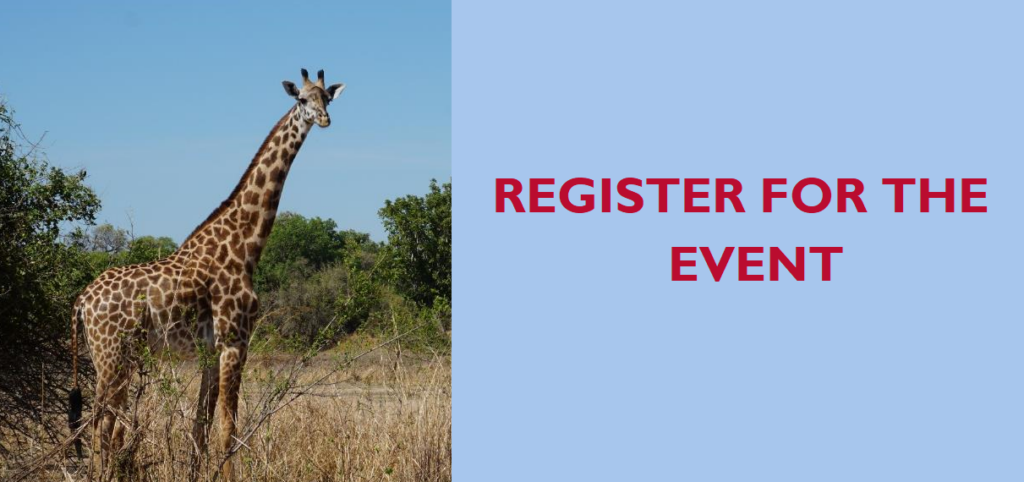

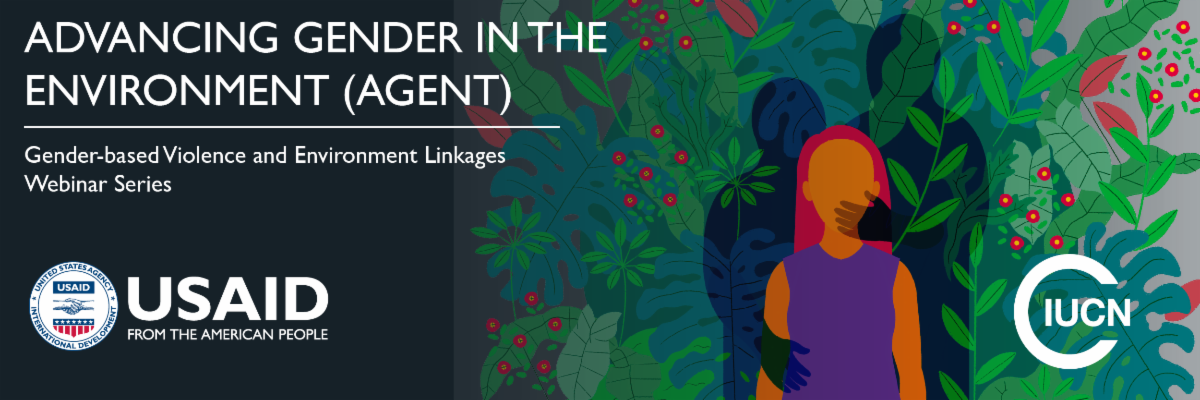
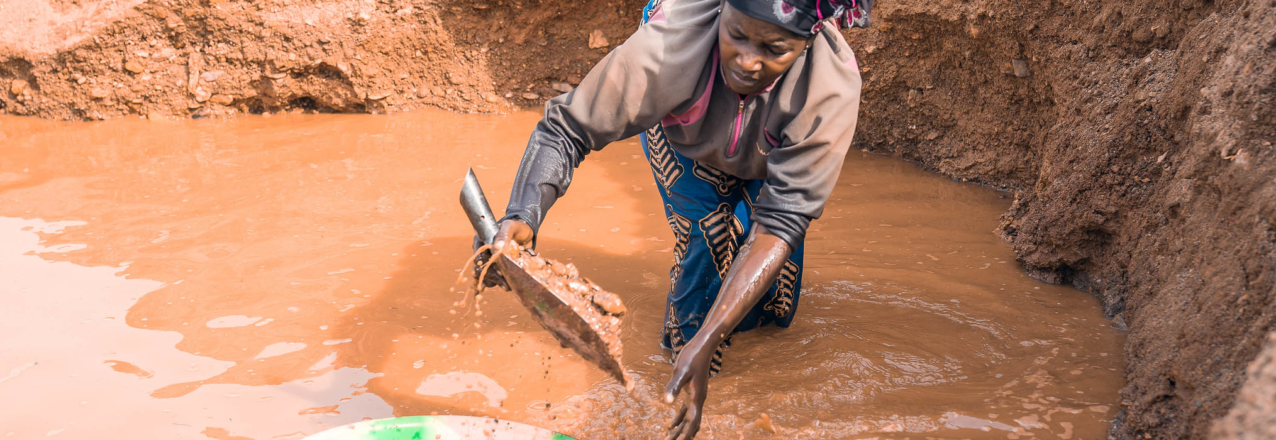
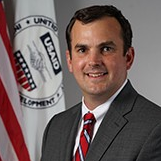 Jeffrey Haeni, Acting Deputy Assistant Administrator, USAID
Jeffrey Haeni, Acting Deputy Assistant Administrator, USAID Kimberly Thompson, Natural Resource Governance and Conflict Advisor, USAID E3/Land Team
Kimberly Thompson, Natural Resource Governance and Conflict Advisor, USAID E3/Land Team Joanne Lebert, Executive Director, IMPACT. Ms. Lebert leads IMPACT’s work to improve how natural resources are managed where security and human rights are at risk. Her work has focused on contributing to responsibly-sourced, conflict-free minerals and she has helped Central African governments launch and implement a regional strategy to tackle conflict minerals.
Joanne Lebert, Executive Director, IMPACT. Ms. Lebert leads IMPACT’s work to improve how natural resources are managed where security and human rights are at risk. Her work has focused on contributing to responsibly-sourced, conflict-free minerals and she has helped Central African governments launch and implement a regional strategy to tackle conflict minerals.
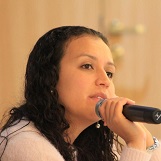 Nathalia Rocio Mendoza Baron, Gender Coordinator, Alliance for Responsible Mining (ARM). Ms. Mendoza is a political scientist and internationalist, coordinator. She leads gender mainstreaming into the projects and processes of the ARM. Previously she worked on promoting women’s rights through gender mainstreaming with the government of Bogotá.
Nathalia Rocio Mendoza Baron, Gender Coordinator, Alliance for Responsible Mining (ARM). Ms. Mendoza is a political scientist and internationalist, coordinator. She leads gender mainstreaming into the projects and processes of the ARM. Previously she worked on promoting women’s rights through gender mainstreaming with the government of Bogotá. 